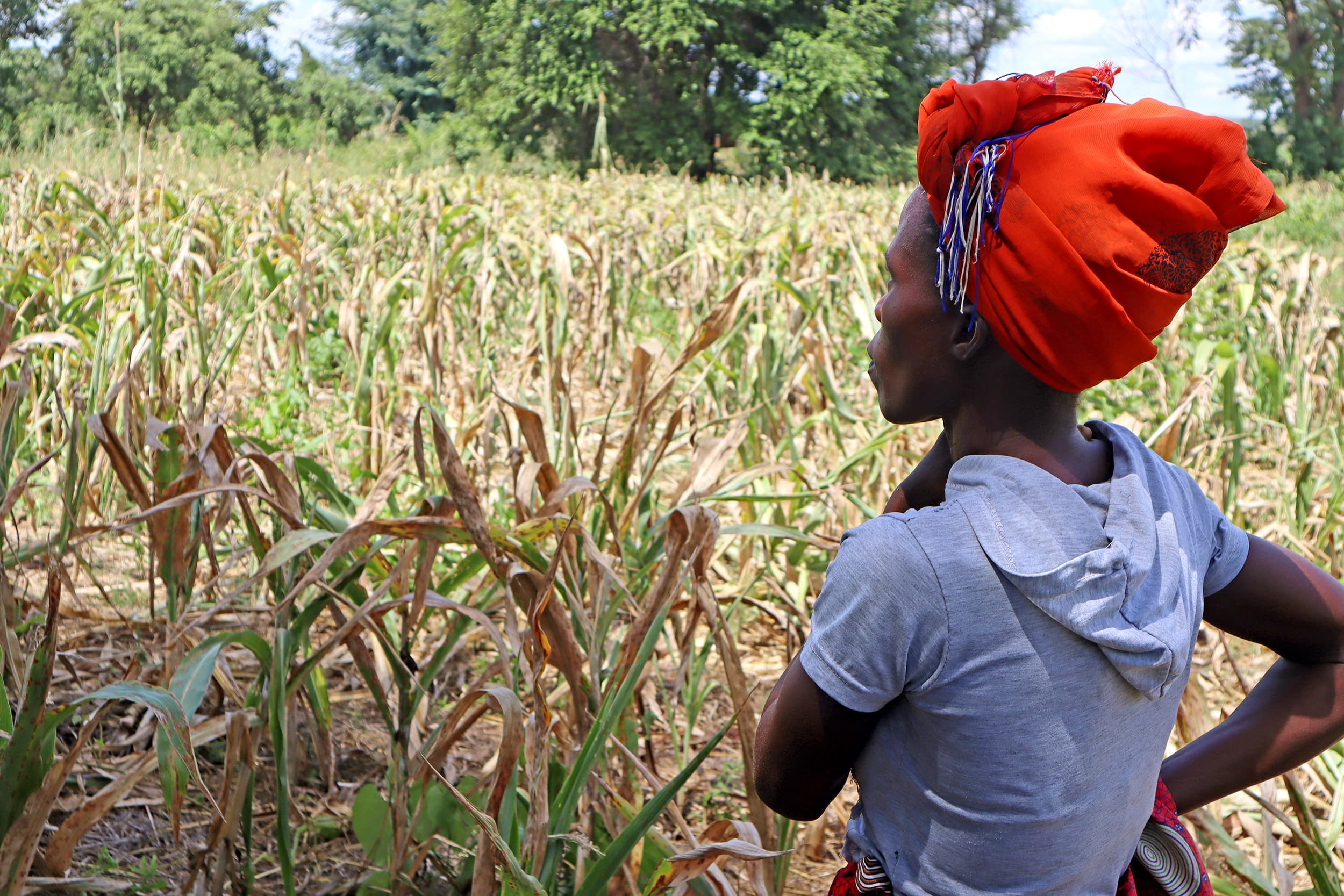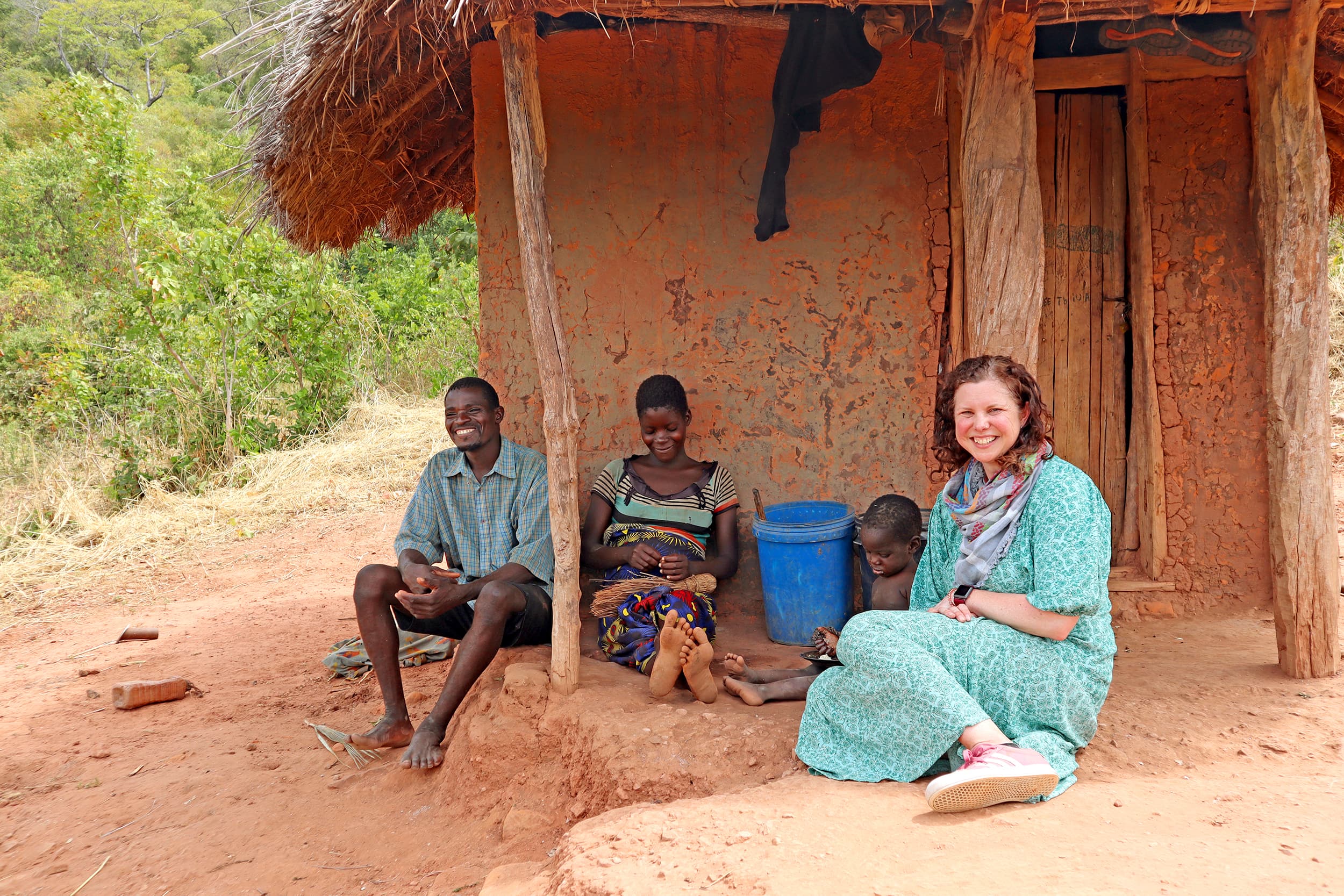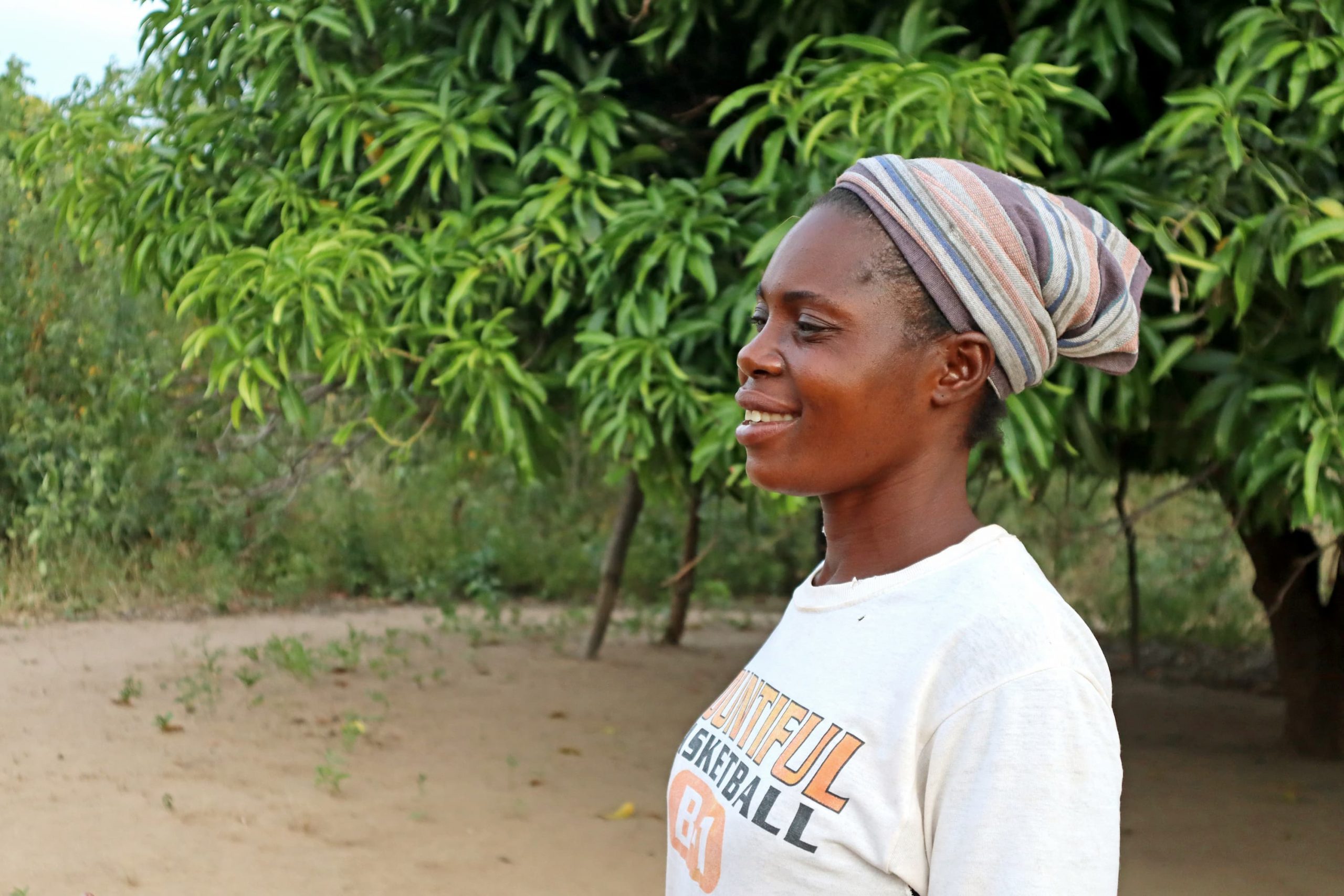By Bethany Hammond, Project Management Associate
I’m going to have a hard time reconciling this trip. I’ve traveled to over 30 countries in my 39 years. But this one was different.
In early April, I traveled to an isolated, rural community in northern Zimbabwe to visit a people group called the Doma. My assignment was to listen to community members share about the challenges they face in their daily lives. While my co-workers at HOPE Zimbabwe had given me good context, I was in many ways unprepared to witness the poverty and physical danger that the Doma people endure each day.
The Doma people have lived for years on the margins of Zimbabwean society. Their area near the Zambezi River is so remote that they weren’t affected by the COVID-19 pandemic! They live off of the land, between what they can grow, forage, and sometimes hunt—though they aren’t allowed to hunt any animals from the nearby conservation area.
They come into daily contact with wildlife that destroy their crops and cause them physical harm or, sometimes, death. I’ve never visited a community that faces such stark challenges.
Hunger drives everything
At HOPE International, we consider the Doma a “frontier” community: A group of people who have been isolated by poverty, been systematically disenfranchised, and are unreached by the Gospel.
We want to help people like the Doma break the cycle of poverty by providing the financial services—specifically, savings groups—they need to invest in their dreams: hopes for three meals a day, education for children, and the chance to save for the future. And we offer the Good News of the Gospel, inviting each person to know and grow in their relationship with God.
But, before we could even invite the Doma people into savings groups, we needed to help them with their most immediate need: hunger.
In addition to the threat of wildlife destroying farms, drought is an oppressive force. Riverbeds are now frequently reduced to sand after little or no rains. This drives both animals and people to compete for the few precious water sources that remain.
Before HOPE started to work in this community, we surveyed over 200 people about their most pressing needs. We learned that 42% of respondents only eat one meal per day. And this is exactly what I witnessed. The kids I saw showed signs of malnutrition: swollen bellies, low energy, and were very quiet. I’ve never seen kids so quiet.
Before this community can begin to conceptualize saving even the smallest sums of money, they first must have enough to fill their children’s bellies that day.
Hunger drives everything. If you don’t eat, you don’t have the energy to hunt or farm. If you don’t have enough to feed your family, you definitely don’t have enough to sell produce and make extra income. If you can’t increase your income, you don’t have extra money saved for medicine or emergencies. 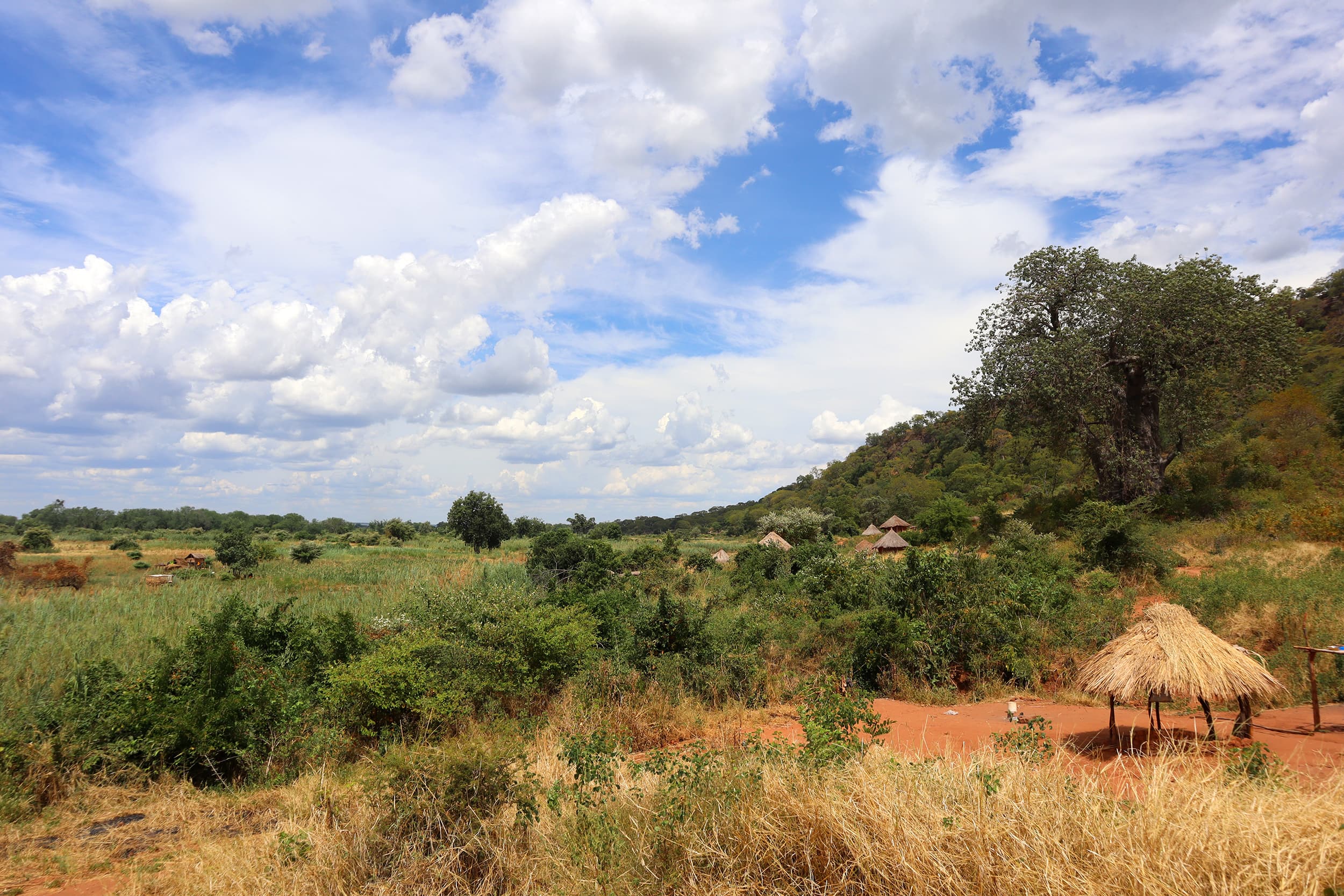
The first step to helping
So, HOPE and our local church partner just completed a year-long training with Foundations for Farming, a regenerative agriculture program, to help Doma farmers increase their crop yields. It was a small pilot project with 19 farmers, who in turn trained another 221 farmers to use the principles they learned to increase the yield of their first harvests. Through strategic planting and mulching, this community is developing the soil they need to care for their families. They are growing more food and selling their produce to create a profit, which can be turned into savings for their families.
I met Evelyn, a single mother with six children. Her husband left her a while back, and she fishes and gardens alone to feed her children. Twice a week she walks one hour each way to a group member’s house because she wants to be a part of a new savings group that is just forming. She’s never saved before, but she dreams of saving enough to pay for her children’s school fees.
I spoke with another mother, Maria, and asked what she would do once she accumulated savings. She said she would be able to prepare for an emergency like the one that happened to her friends: An elephant attacked their homestead while they were inside. And although they survived the attack, they had no money or savings to pay for medical help. Sadly, they later died from their injuries.
Maria said if there had been a savings group, they could have used their collective social fund to save her friends.
Planting seeds of hope
In their new savings group, they spend time praying, worshipping, and learning together. You can see seeds of hope growing in these women. As they meet together, they are starting to realize how savings could empower them. While I lament the hardships they face (and will continue to live through), I’m also hopeful about the potential of these newly formed savings groups.
While our circumstances are different, I felt a deep empathic kinship with Evelyn and Maria. As a mom of three myself, I know our mother’s hearts break when we hear our children whimper from pain—whether we are in a townhouse in Chicago or a homestead in Kayemba, Zimbabwe.
We all want our children to go to sleep with full bellies, have a chance to go to school the next morning, and access medicine when they are sick.
Frontier communities like the Doma are at the heart of HOPE’s Dreaming Beyond Our Boundaries initiative. We’re accelerating and expanding our proven models—Christ-centered savings groups and microfinance—to reach the people and communities that need them most. It’s our boldest expansion yet. If you’d like to join us, you can learn more here.
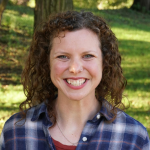 Bethany currently serves as a marketing project manager with HOPE and is passionate about giving voice to and advocating for those she meets all over the world. Bethany grew up in Japan as a missionary kid, attended Moody Bible Institute, and worked as a full-time missionary for 16 years leading trips to Nepal, Ireland, and Morocco before joining HOPE.
Bethany currently serves as a marketing project manager with HOPE and is passionate about giving voice to and advocating for those she meets all over the world. Bethany grew up in Japan as a missionary kid, attended Moody Bible Institute, and worked as a full-time missionary for 16 years leading trips to Nepal, Ireland, and Morocco before joining HOPE.






